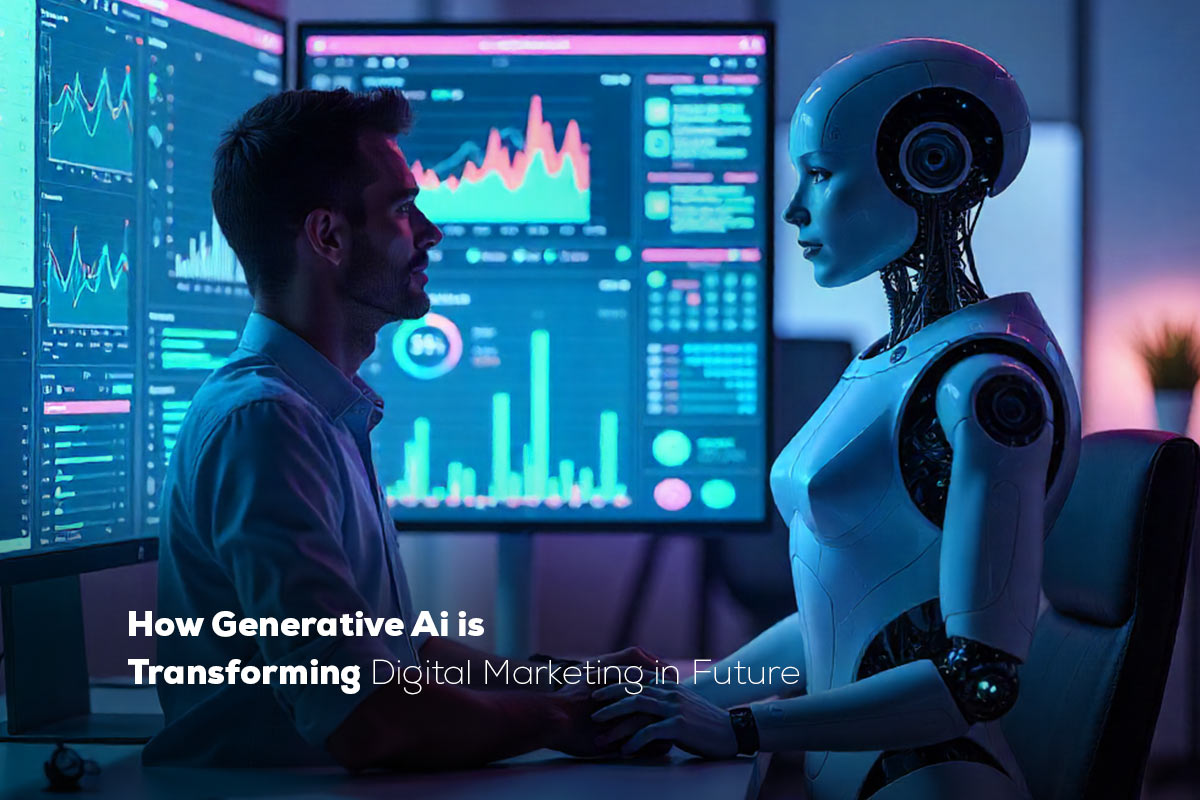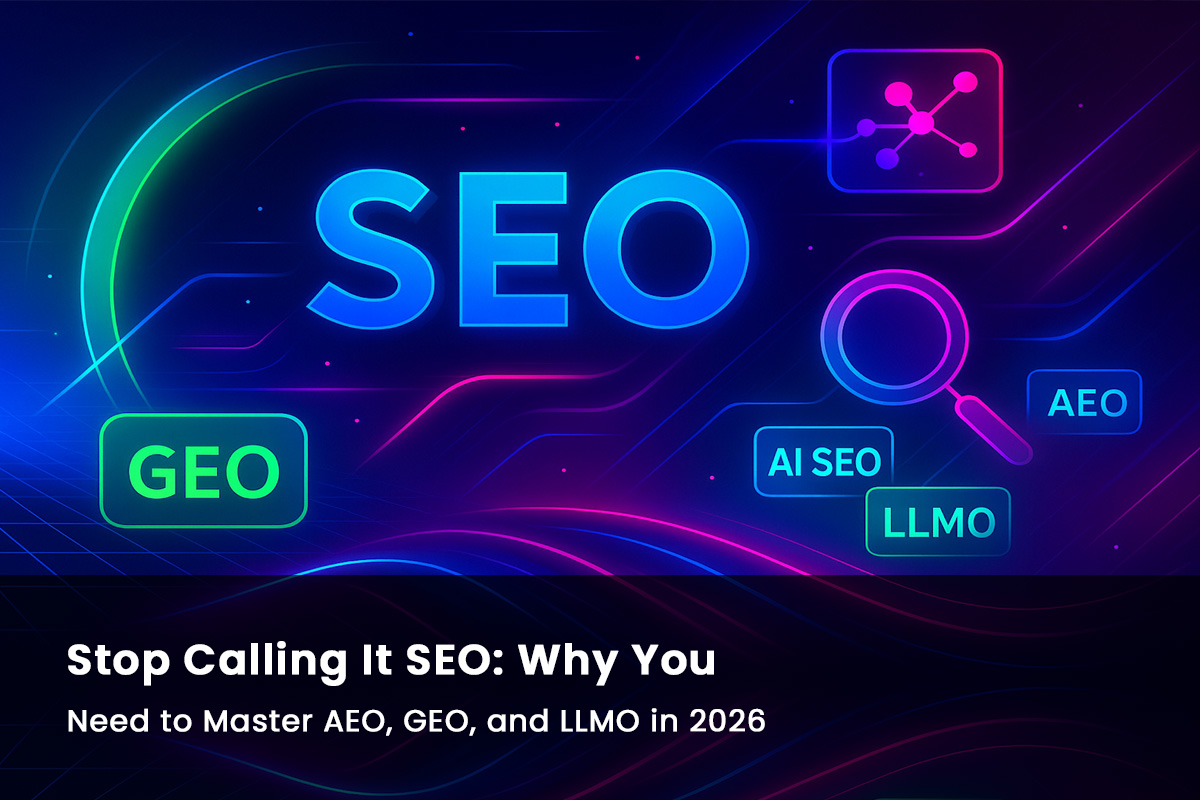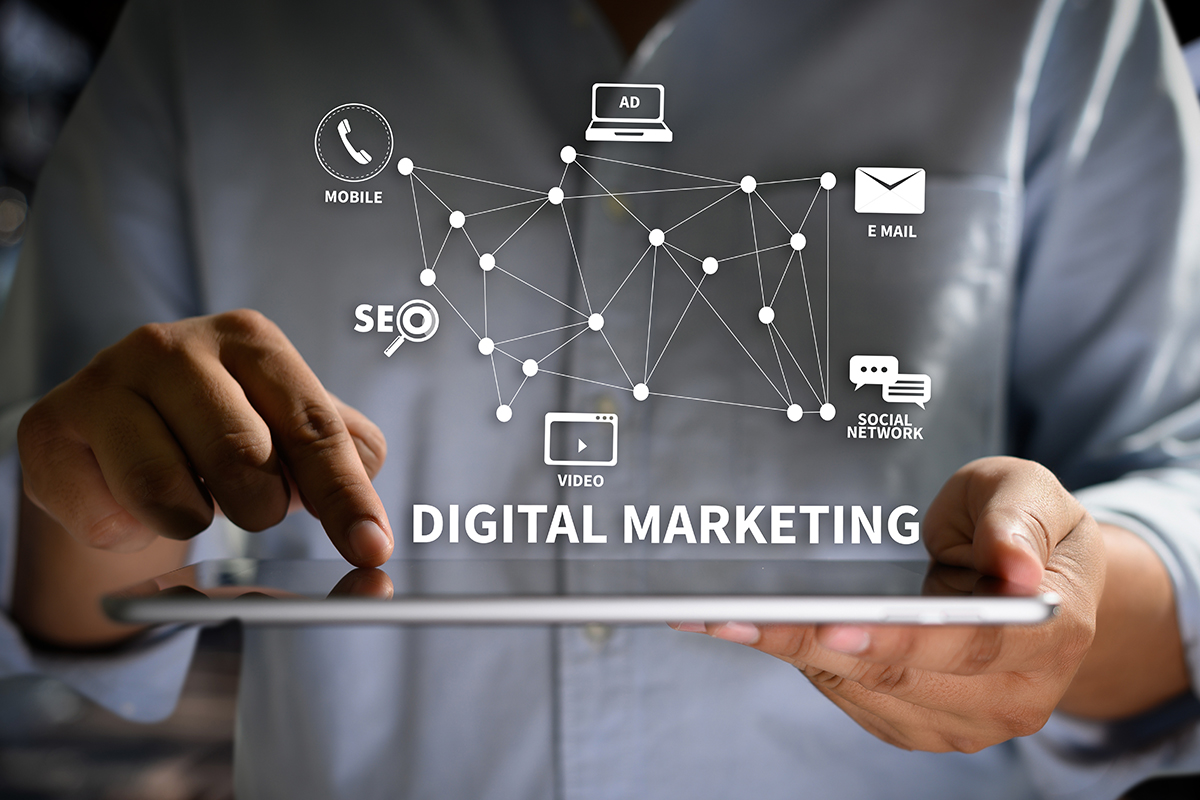How Generative AI is Transforming Digital Marketing in Future
 07 Aug 2025
07 Aug 2025
Table of Contents
- The Basics of Generative AI
- How Generative AI is Used in Digital Marketing
- Use Cases of Generative AI in Digital Marketing
- Challenges and Considerations
- Integrating Generative AI Responsibly
- Future Prospects of Generative AI in Digital Marketing
- Conclusion
- FAQs
Generative AI is fundamentally transforming digital marketing with new ways to create content, automate processes, and interact with customersّ. Whether you’re interested in scaling personalized content or optimizing ad campaigns, generative technologies provide efficient ways to automate work and deliver meaningful experiences. So, in this post, we are going to cover what Generative AI means, its advantages in digital marketing, its possible use cases, challenges and its enforcement & how you can include it in your digital marketing strategy for long-lasting results.
The Basics of Generative AI
Generative AI are machine learning models that create new data instances based on a data set they’ve been trained on. Unlike standard AI that tend to analyze or classify data generated through generative model use cases – data don't have to be looked at anymore, a la AI art a la GPT-3 marketing copy builder a la saving company money a la operationalizing the build that trains that model. Using methods such as Deep Learning (DL) these models can pick up patterns and produce text that looks (to the human eye) like something we might write. Generative AI is the key to transforming content creation and enabling brands to streamline their work and scale their marketing efforts.
Key Technologies Underpinning Generative AI
Generative models exploit AI technologies such as language models, convolution networks, and diffusion models. These models are not only processing datasets, but also creating new data. For instance, language models like GPT (Generative Pre-trained Transformer) can produce ad copy or product descriptions that are both contextually relevant and enticing. In the same way, AI-generated images and videos are feasible on a000 scale with algorithms that are trained on large amounts of data to produce compelling multimedia.
How Generative AI is used in Digital Marketing
Personalization at Scale
A key advantage of Generative AI in digital marketing is that it can produce personalized content at scale. Brands are able to utilize Generative AI to customize marketing messages, individual emails and social media marketing posts, improving customer interaction. AI can analyze customer data to automatically create content that is more likely to appeal to each user's tastes, ultimately increasing conversion rates and customer satisfaction. Such deep levels of personalization in customer experience are not easily attainable with marketing only.
Efficiency and Automation
Generative AI simplifies several processes that were previously time-intensive for marketers: creating content, advertisements and email campaigns. By using AI to automate content creation, Generative AI means that marketers can concentrate on the strategy behind the messaging, and let the AI prep the commute monotonous part. For instance, market automation tools based on AI now can play a critical role in crafting compelling landing pages and product descriptions in mere minutes. With this favourite efficiency level, time spent on manual tasking can be greatly decreased while productivity can be enhanced.
Enhanced Content Creation
The power of AI to produce visual content, such as AI generated images & video synthesis, is transforming the creative process within digital advertising. Generative models can be utilized by marketers to develop rich multimedia content which is consistent with brand narrative. Be it for social media promotion or advertising campaign, Generative AI can be used to generate some gorgeous visuals to grab your customers attention and engage your audience. And, when it comes to localization, AI can also help localize content to ensure it’s tailored to local audiences and is still on-brand.
Improved Customer Interaction
Generative AI All Activate customers with conversational marketing tools. Artificial intelligence-driven chatbots and virtual assistants can deliver conversations in real-time, answer customer questions, or even take them through the sales process. This leads to improved customer service, increased customer satisfaction, and closer connections with your audience. Brands can provide faster, more responsive and efficient answers, which ultimately improves the customer experience as customer service becomes increasingly automated.
Use cases of Generative AI in Digital Marketing
Hyper-Targeted Campaigns
Owing to generative AI, marketers can now develop tailor-made ad campaigns that resonate directly with certain audience segments. Utilizing business communication data, AI can develop marketing copy and ad creatives that appeal to various demographics, behavior, and preferences. This enables more accurate targeting and better conversion, since customers believe the content is personalized to their preferences.
AI-Powered Visuals and Videos
Generative AI is what enables AI-powered images and videos, which are engaging to the current generations. And via latest technologies, brands can generate tailored visual material that adheres to their marketing capabilities. That may include video synthesis, personalized video content and AI-generated art among other items that engage users and create new brand identity.
Real-Time Experience Adaptation
That the masses still hail from Jimmy Soucrant's Known world only makes marketers jobs even more complex as they produce content knowing is it's likely to become decontextualized in numerous other UN known'sThis feature is a prerequisite for all marketers now Generation AI - and there's no end in sight for ever more flexible, customized content with real-time variety to meet exactly what end users seek based on their hitherto unpredictable behaviors. For instance, AI can interpret consumer responses and automatically make changes to product descriptions, ad creatives or social media posts to better match consumer tastes. This means customers get the most pertinent content when they need it, benefiting their user experience and the conversion opportunity.
Conversational Marketing 2.0
The arrival of Generative AI has brought about changes in conversational marketing. Now marketers can leverage what AI-powered technology tools have made easy: having an ongoing conversation with the customer in real time via chatbots, voice assistants, or other interactive mediums. This enables companies to better interact with their clients and respond to them immediately while still being able to increase sales.
Challenges and Considerations
Ethical Concerns
Generative AI has its positives, but it also presents ethical dilemmas. Algorithmic bias and the AI that is used to develop politically-motivated fake or harmful content, are some of the problems that need to be taken seriously. Marketing Producers must also ensure that AI-generated content adheres to programming for ethics and not upholds the spread of false information or stereotypes.
Data Privacy Issues
One of them is that, as AI is behind more personalized content, data privacy is becoming a super-important thing now. Customer data is crucial for AI systems to create customized content, which must be safeguarded in order to comply with privacy laws. Advertisers should use safe methods of data collection, storage and processing to prevent such privacy violations and for maintaining customer trust.
Low-Quality Content Risks
"With all the advances being made in Generative AI, there is a danger of bad content as well. Content created by an AI, however, can often miss the human nuance, creativity and depth that an actual human is able to bring. Brands need to guarantee these AI systems used to create content are well-trained and regularly updated so that quality doesn’t degrade.
Integrating Generative AI Responsibly
Building AI Expertise
Companies need to be building AI skills in their teams for real AI integration. That can mean hiring machine learning/AI pros, digital marketing, etc. The best talent model will also help your brand tap into the power of Generative AI and steer clear of pitfalls along the way.
Balancing AI with Human Creativity
It’s an amazing tool, but Generative AI to me is an answer to human creativity, it is not its replacement. The right approach for a winning combination The winning combination for successful AI integration is to find the balance between AI created content and human thoughts. Marketers need to vet the AI-created visuals, ad copy and other content to feel consistent with the brand’s voice and values.
Strategies for Responsible AI Integration
If companies are to use Generative AI in a responsible way, clear strategies should be crafted, with transparency, ethics, and data privacy taking precedence. This may include the formulation of AI’s purpose, enforcing content quality standards and making sure that content produced by AI aligns with the brand’s mission and values.
Future Prospects of Generative AI in Digital Marketing
Evolving AI Technologies
As with Generative AI growing up, we predict there will be increasingly more powerful machine learning models and algorithms created to help them increase creativity and accuracy. New technologies are going to let brands tell even more personalized, interactive stories on a mass scale.
Collaborative AI-Human Roles
Generative AI will increasingly cooperate with humans in the future to support them in the creative process. AI can handle boring stuff and crunch'n data, but it's human creativity that will find unique and optimal brand/campaign strategies.
Anticipated Market Shifts
When Generative AI is more widely adopted in digital marketing, there will be dramatic changes to market structure. AI will become increasingly important for content creation, personalization and customer interaction as brands are pushed to adopt new technologies and trends, making it crucial for marketers to keep pace and be comfortable with AI tools.
Conclusion
Generative AI is revolutionizing digital marketing with tools that help create better content, engage better with customers, and optimize marketing practices. AI tech is progressing to play a larger role in how brands interact with their audience. But deploying AI ethically also must take into account the ethical implications, data privacy and the tension between human creativity and automation. By learning about the Pros and Cons of Generative AI, marketers can make smarter decisions that contribute to a sustainable, winning strategy.
our popular faqs
Common Questions About
Branding Agencies in Dubai
How is Generative AI used in digital marketing?
How is Generative AI used in Digital Marketing Using machine learning models, generative AI can produce personalized content automating tasks and improving customer experience. By extracting data about customers, it can create marketing copy, ad creatives, visual content, and even personalized email campaigns. Artificial intelligence Powered by vast amounts of data, AI can learn trends and then generate outputs in line with brand objectives, helping marketers scale efforts while maintaining speed and efficiency. The primary benefit is the opportunity to tailor content in a scalable way to deliver personalized and meaningful messages to each individual customer.
What’s ethical about using Generative AI in digital marketing?
A key ethical issue with employing Generative AI in digital marketing is the risk of algorithmic bias. AI models can inadvertently reinforce harmful stereotypes, or generate malicious content. It is crucial to guarantee that the AI algorithms one employs are trained with diverse and unbiased learning data. Brands need to be sure that their manufactured AI content accurately represents their values and follows ethical guidelines; they don’t want to provide the customers with misleading or even offensive content. Transparency on AI use, and effective communication with customers on data privacy and source of content is also critical.
How can Generative AI be able to better customer conversations?
Generative AI improves customer engagement with conversational marketing via the use of chatbots, virtual assistants and AI-driven customer service. They can even answer customers instantly on queries, lead them through the buying process and suggest personalized recommendations. Use it to measure customer behavior and preference, and customize content on the fly leading to more relevant and engaging interactions. This enhances the personalization of overall customer experience and increased customer satisfaction, which leads to stronger relationships and more conversions.
What are the dangers of using bad AI content?
One of the dangers of relying on low-quality AI-generated content is that it might not help your brand’s reputation. Although Generative AI can generate content at speed and scale, it may not have the same subtlety and imagination as human-generated content. Not only can poorly created content lead to disengagement, but it has potential to damage brand trust and pander to a negative customer reaction. In order to protect against these pitfalls, companies should continue to monitor and refine AI-generated content to ensure quality and match their brand voice and values.
How can companies responsibly embrace Generative AI?
Properly done, brands can responsibly adopt Generative AI by building in the right talent, combining AI and human creativity and putting ethical checks first. This includes training teams on AI technologies, applying strict data privacy rules and maintaining oversight for AI-generated content regularly. Brands must also take a transparent stance on this, letting consumers know how their data is being used and ensuring their AI tools are matched with the ethical standards that the company adheres to. Credible legal integration is both essential in-and-of itself and an important factor in the maintenance of public trust and the long-term viability of a policy.





